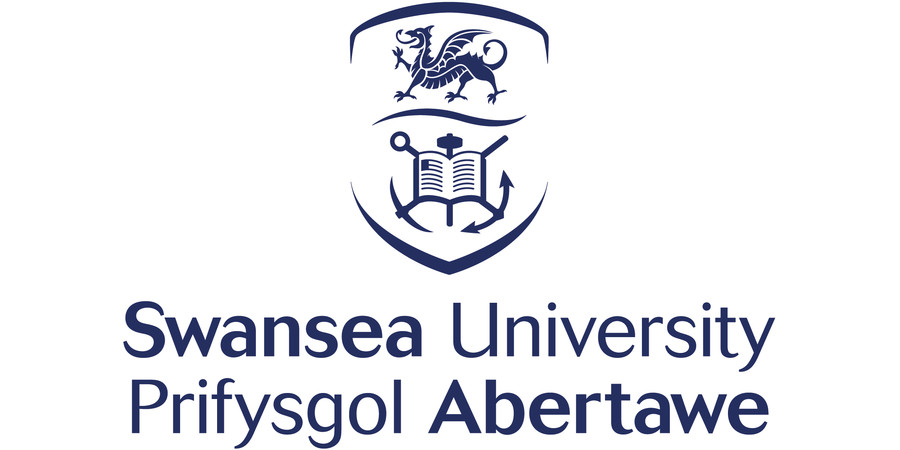Pharmaceutical Science, Nanomedicine: Fully Funded PhD Studentship in The Formulation of Mesalazine in Nanocarriers for Inflammatory Bowel Disease
Swansea University - Pharmaceutical Science, Nanomedicine
| Qualification Type: | PhD |
|---|---|
| Location: | Swansea |
| Funding for: | UK Students |
| Funding amount: | £20,780 |
| Hours: | Full Time |
| Placed On: | 2nd June 2025 |
|---|---|
| Closes: | 13th June 2025 |
| Reference: | RS838 |
Inflammatory bowel disease (IBD) is a chronic inflammatory illness that causes ongoing bodily inflammation in the gastrointestinal tract. It has been reported that one in every 123 people in the UK has a diagnosis of IBD. Over and above that, SAIL Databank at Swansea University has discovered that over 50% more people in Wales have IBD than previously recognised.
Current mesalazine formulations to treat ulcerative colitis (UC) and Crohn's disease (CD), including tablets, suppositories, and enemas, are typically associated with adverse systemic effects. Nevertheless, the innovative encapsulation of mesalazine in nanocarriers has demonstrated success in targeting inflammatory regions and treating mild to moderate IBD.
This project will investigate the use of polymeric nanocarriers for improving the overall solubility, absorption, and bioavailability of mesalazine while minimising the side effects associated with its absorption. With a formulation created from mesalazine-loaded nanocarriers, the expected outcome is improved local targeting and pharmacokinetics of the loaded mesalazine. The research aims to provide an alternative formulation to support the quality of life of IBD patients.
This three-year studentship will be hosted within the Pharmacy programme (Grove Building, Singleton Campus), in collaboration with the Centre for Nanohealth (the Institute of Life Science 2, Singleton Campus), both in the Medical School of Swansea University. The successful student will be supported by members of the research team and existing industrial, academic and clinician collaborations.
This studentship will be multi-disciplinary, working across research strengths in nanoparticle formulations and in vitro approaches. An enthusiastic graduate with interest and/or experience in the areas of nanoparticles, drug formulations, gastrointestinal disorders and cell models, is highly desired.
Funding Comment
This scholarship covers the full cost of tuition fees and an annual stipend at UKRI rate (currently £20,780 for 2025/26).
Additional research expenses of up to £1,000 per year will also be available.
Advert information
Type / Role:
Subject Area(s):
Location(s):









